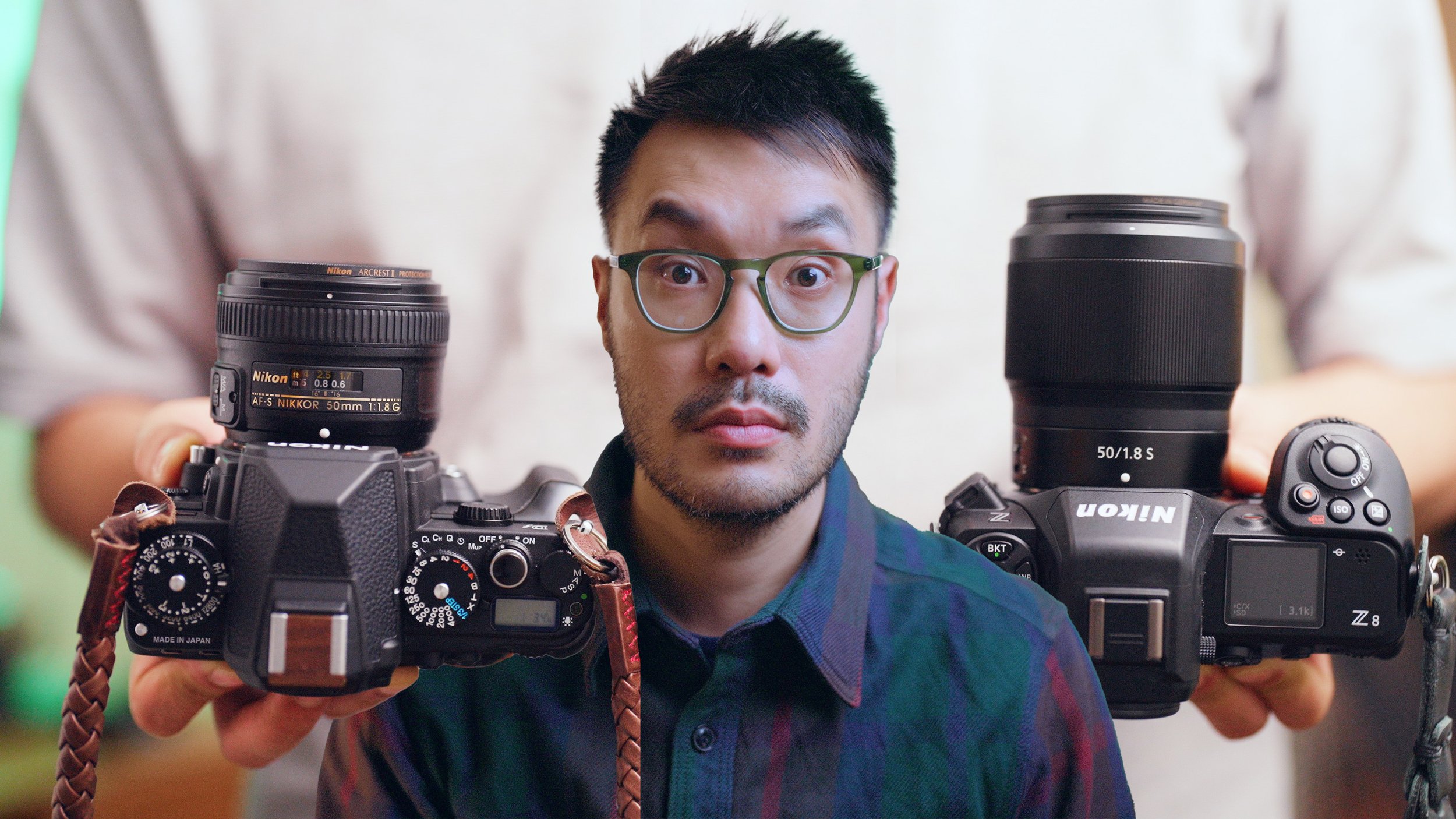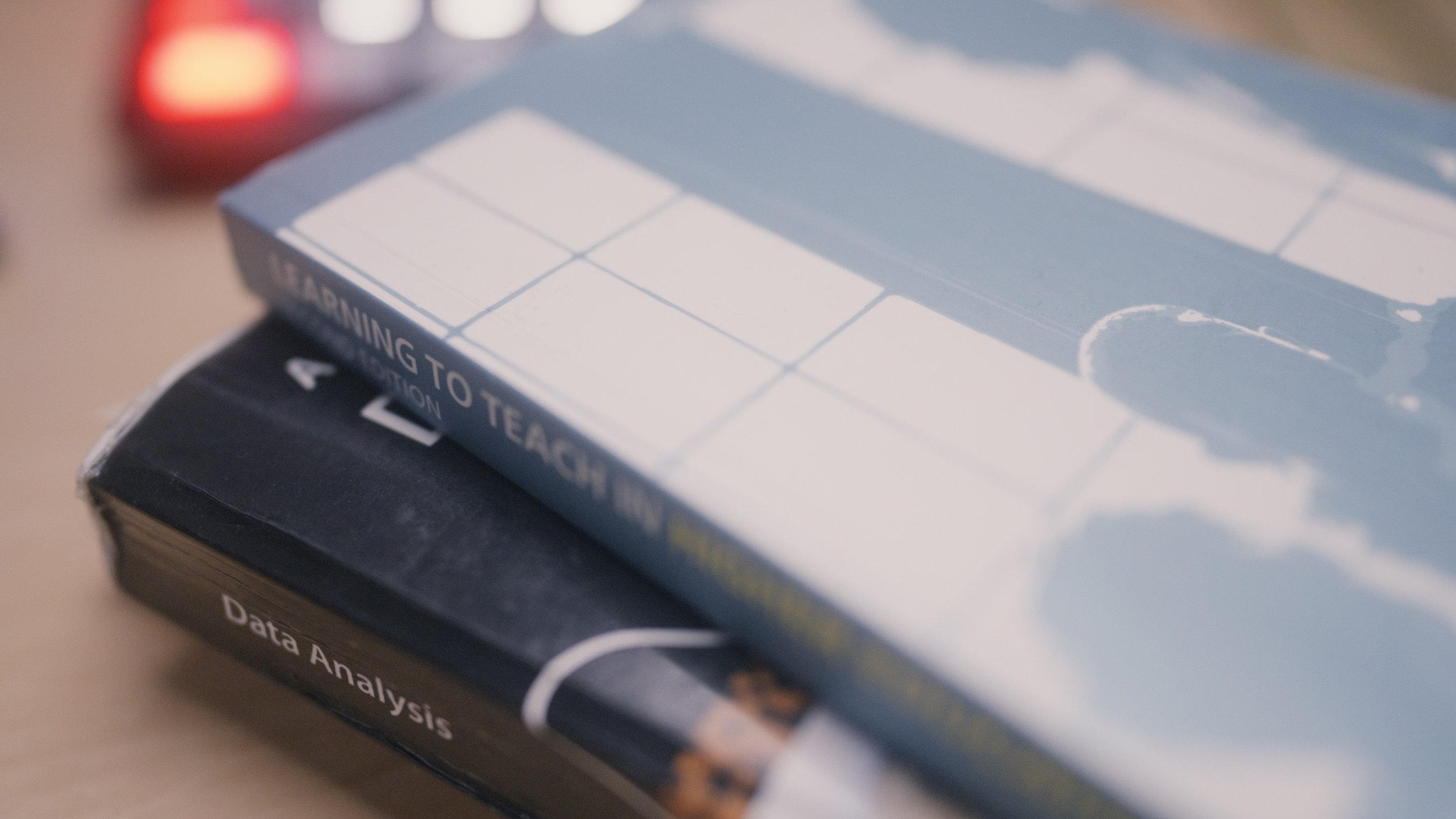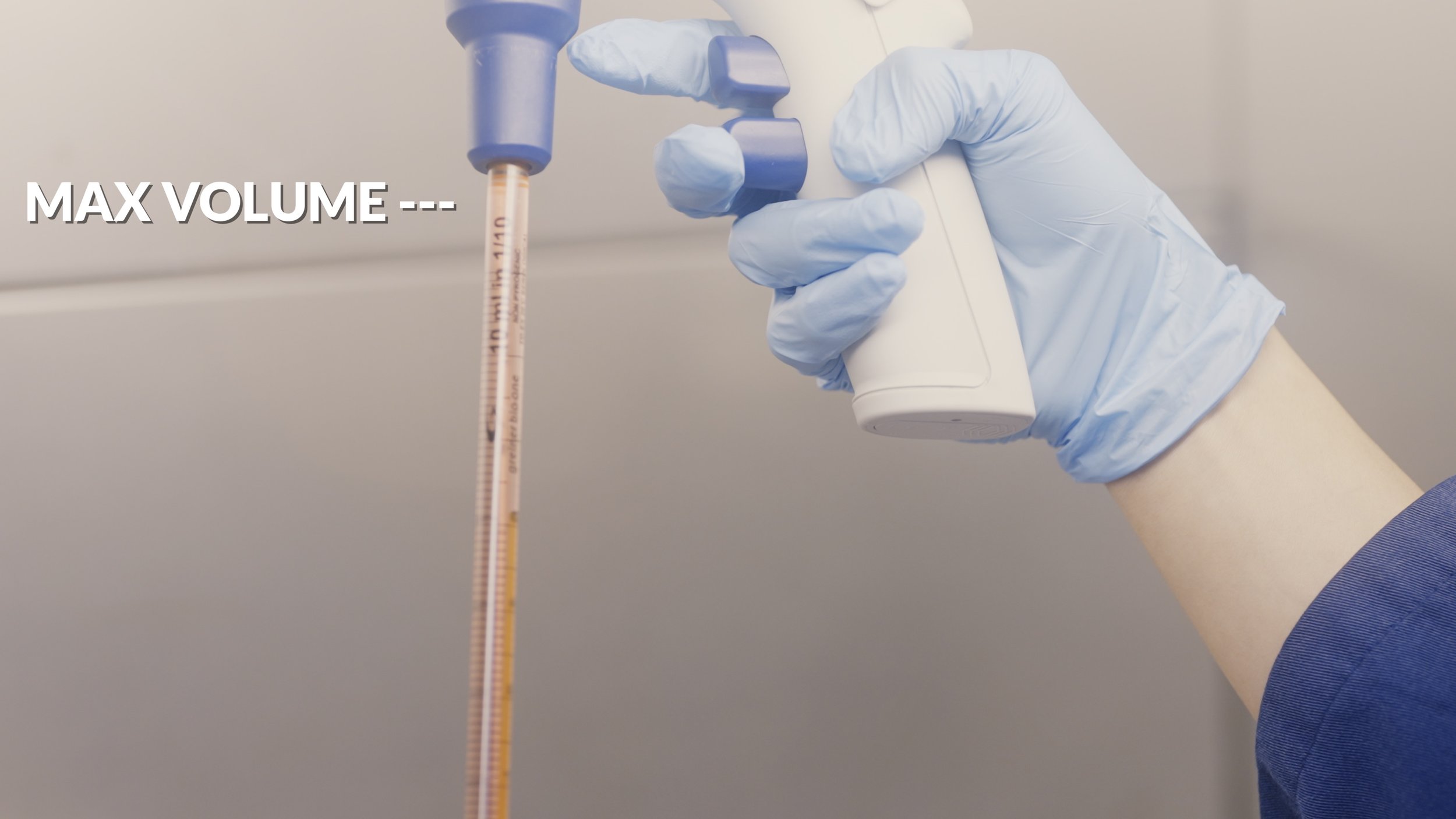

Substance over Style
1 April 2022
You’ve been asked to present your very first lecture, and it can be a daunting process. The advice I’ve seen online seems to focus disproportionately on style – interesting or funny anecdotes, attention-grabbing graphics, and powerful quotes. These strategies may make for memorable moments, but can’t overcome inconsistencies in your learning or assessment design. My personal preference is to advocate for substance over style, and over the years my conversations with learning designers have improved my approach to teaching more than any quick tips on “how to be more engaging”. I’m not a learning designer, but here are some of their strategies that I’ve found to be most useful when getting started.

The Long Game
24 March 2022
I’m in the middle of our teaching semester right now, and the question first year University students keep asking me is “how should I be studying?”. On YouTube there appeared to be two “universally” agreed upon studying techniques – Active Recall and Spaced Repetition. Both Active Recall and Spaced Repetition are targeted towards remembering large volumes of information. It’s not a shortcut, and actually take a lot of effort to maintain over an extended period of time. Teachers don’t talk about these techniques because we know memorising is not the same as learning. In science, you simply can’t memorise everything because the knowledge is always changing.

Leaps of Faith
17 March 2022
In Science Education we are often teaching people about concepts in the abstract. Much of the molecular biosciences is invisible to the naked eye, and students need to take a cognitive leap of faith to learn about this content. Sometimes though (for better or worse) the stars align and your classes become relevant to the rest of the world overnight. Given this heightened level of public awareness about the pandemic, science educators must make the most of this environment and connect our work to people’s everyday lives. My latest attempt at this focuses on the underlying technology used in the Rapid Antigen Tests that we’re all increasingly familiar with.

Apples and Oranges
2 March 2022
The Scientific Method is (rightly) obsessed with fair comparisons. Every experimental condition need to be carefully controlled, otherwise any comparisons will be thrown out of the proverbial window. What is often overlooked are the “apples to oranges” comparisons scientists routinely make when communicating our work to the general public. In spite of our best scientific analogies and metaphors, the chasm between the complexity of science and the general public’s understanding can’t be easily bridged.

What lies beneath
22 February 2022
Science communication to the general public is hard, and there’s no worse feeling than seeing the light drain from people’s eyes as you explain “what’s so fascinating” about your research project. This issue is further exacerbated in the molecular biosciences, where the processes we study cannot be seen with the naked eye. An inherent distrust can creep in if our scientific findings aren’t shown through a photo, screenshot, or graphic to be shared online. Thankfully we have microscopy, the great equalizer. Being able to magnify microscopic organisms through powerful lenses has been a lifesaver for science communicators.

Stuck in our ways
17 February 2022
Hollywood likes to portray scientists as power-hungry industrialists, ready to veer into madness at a moment’s notice. A radioactive spider here, a zombie apocalypse there. That’s simply the price we pay for… innovation (?). I can’t speak for other scientific disciplines, but none of the biologists I know feel powerful at all. We are all very much at the mercy of the natural order and living organisms are behaviourally, cognitively, and genetically stuck in our ways.

Signal vs Noise
14 February 2022
When making a new video on any topic, I try to avoid reinventing the wheel. The topic for my classes this week is Polymerase Chain Reaction (PCR), and I quickly found dozens of great video learning resources already available on YouTube. The reality is that making new learning resources is just as much about teachers’ professional learning as it is our students. Even if the video doesn’t add anything else to the online conversation, I’ve learnt so much through this process. This is how I need to continually hone my craft as a teacher.

A Bug’s Life
11 February 2022
Compared to their eukaryotic counterparts, bacterial cells can grow in different conditions at a much faster rate. Nutrient media for bacterial cultures is usually much cheaper than media for mammalian cell culture – depending on the cell types you’re comparing, it can be up to 100 times cheaper to grow an equivalent concentration of bacterial cells compared to mammalian cells. This is part 3 in our series on cell and tissue culture, where we will walk through bacterial cell culture as well as cell counting assays that can be used for different cell types.

Can you find the error?
9 February 2022
Science and superstition don’t typically mix, but you find a surprising amount of overlap in these ideas when scientists work on cell and tissue culture. In part 2 of our series on cell culture, we will attempt to highlight common mistakes in Tissue Culture that increase the risk of contamination. You will see a series of cell culture scenarios and each of these is flawed for different reasons. You will have a chance to pinpoint the source of experimental error(s), and we have filmed everything from multiple angles for you to have a very close look.

A Chance to Fail
7 February 2022
Cell & Tissue culture is very susceptible to contamination. Each time a sample is contaminated - whether it be plates, tubes, or flasks in your incubator - days (sometimes weeks!) of progress are lost. The margin for error is very small, and because of this new students are very rarely entrusted with Tissue Culture responsibilities. Therein lies the conundrum - how can young scientists develop a skillset that they were never given the opportunity to practice, a chance to fail?
